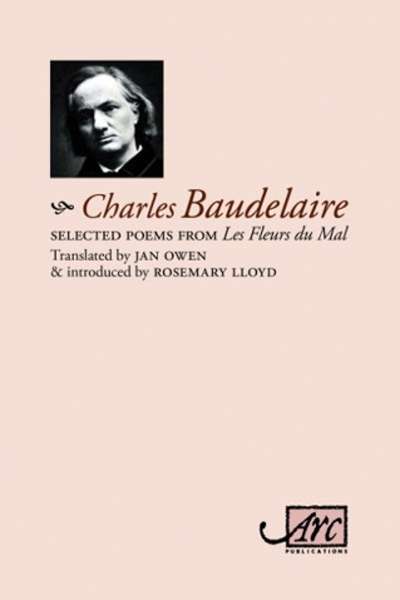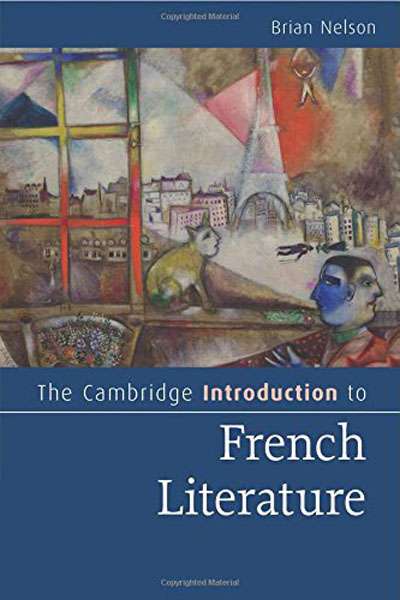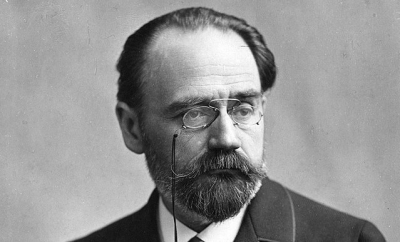Brian Nelson
Selected Poems from Les Fleurs du mal by Charles Baudelaire, translated by Jan Owen
The Cambridge Introduction to French Literature by Brian Nelson
For many of his contemporaries, Victor Hugo (1802–85) was the most important literary figure of the nineteenth century. He was considered the greatest French poet; he became the leader of the Romantic movement with the staging of his anti-classical play Hernani (1830); and he wrote monumental, hugely popular novels. He was also an iconic political figure. ...
Australian Journal of French Studies, Vol. XLVII, NO. 2: Jacques Rivette by Brian Nelson
Unlike Flaubert, the ‘hermit of Croisset’, who turned away from his age in an attitude of ironic detachment, Émile Zola (1840–1902) embraced his century in a way no French writer had done since Balzac. Zola’s ambition was to emulate Balzac by writing a comprehensive history of contemporary society. Through the fortunes of his Rougon-Macquart family, he examined methodically the social, sexual, and moral landscape of the late nineteenth century along with its political, financial, and artistic contexts. Zola is the quintessential novelist of modernity, understood in terms of an overwhelming sense of tumultuous change.
... (read more)



